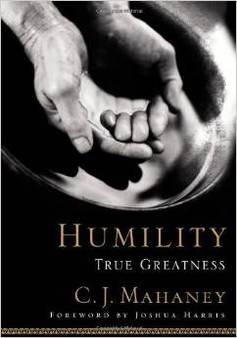
. . . without some small pain!
Below you’ll see a slideshow of some of the wonderful pictures Jim took this past week on our traditional visit to the Denver Botanic Gardens “Blossoms of Light” tour which they have during December. (This post was originally written in December 2014. Please note that because this site was moved to a new platform some images were lost, among them, sadly, the pictures for this post.)
Last year we missed it, for some reason. This year they had absolutely outdone themselves. There’s one small drawback to this outing: It’s usually pretty COLD. I’ve gone before wearing a totally inadequate jacket and shivered my way through it. More of an endurance test than a pleasurable outing. This year I made sure to wear my heavy-duty parka and did much better, but 23 degrees is still 23 degrees. I found myself alternately being distracted from the cold by the lovely displays and distracted from the lovely displays by the cold. I’m so glad we made the effort, though. What a great memory, and how little the discomfort really mattered. Don’t we often switch those priorities, though, and concentrate on the small inconveniences and difficulties? I think back to my father’s funeral, for example, which was on the whole a wonderful service. What stands out in my mind the most? The fact that their sound system picks up police scanner transmissions in the area, so periodically the testimonies and the Gospel-filled sermon were interrupted. Later my brother said to me, “Why were you sitting there making faces at me while I was giving my testimony?” I was so irritated and distracted by the sound system’s defects that I irritated and distracted him. I do try any more not to let myself dwell on the imperfections inherent in any human event, but it’s a struggle for me. I’m sure there will be more posts on this topic.
 What on earth is the significance of a mountain of mulch to human relationships? Just this: We drive over 16 miles, all the way to Franktown, to buy mulch and other landscaping supplies, passing two others, one less than four miles away and one about seven and a half. It’s a good half hour’s drive. But we refuse to patronize the other two, all because of the interactions (or lack thereof) we’ve had. As our former next-door neighbor and business consultant extraordinaire Walt Hogan used to say, it all comes down to relationships.
What on earth is the significance of a mountain of mulch to human relationships? Just this: We drive over 16 miles, all the way to Franktown, to buy mulch and other landscaping supplies, passing two others, one less than four miles away and one about seven and a half. It’s a good half hour’s drive. But we refuse to patronize the other two, all because of the interactions (or lack thereof) we’ve had. As our former next-door neighbor and business consultant extraordinaire Walt Hogan used to say, it all comes down to relationships.
 What on earth is the significance of a mountain of mulch to human relationships? Just this: We drive over 16 miles, all the way to Franktown, to buy mulch and other landscaping supplies, passing two others, one less than four miles away and one about seven and a half. It’s a good half hour’s drive. But we refuse to patronize the other two, all because of the interactions (or lack thereof) we’ve had. As our former next-door neighbor and business consultant extraordinaire Walt Hogan used to say, it all comes down to relationships.
What on earth is the significance of a mountain of mulch to human relationships? Just this: We drive over 16 miles, all the way to Franktown, to buy mulch and other landscaping supplies, passing two others, one less than four miles away and one about seven and a half. It’s a good half hour’s drive. But we refuse to patronize the other two, all because of the interactions (or lack thereof) we’ve had. As our former next-door neighbor and business consultant extraordinaire Walt Hogan used to say, it all comes down to relationships.
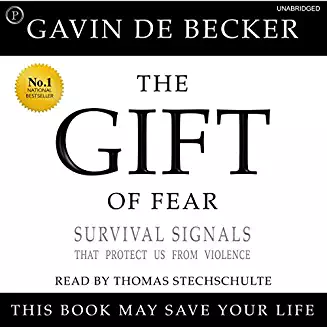 The Gift of Fear and Other Survival Signals that Protect Us from Violence by Gavin de Becker, Dell Trade Paperback, 1999, also available in other formats. I’m not sure why I was reminded of this book and put it on hold at the library. I had read it before and remembered portions of it quite well, but it was well worth re-reading. De Becker runs a security firm, providing services and counseling to people who feel and/or indeed are under threat. He himself grew up in an extremely violent home, but instead of becoming violent himself he decided to help reduce violence by giving people the tools they need to protect themselves.
The Gift of Fear and Other Survival Signals that Protect Us from Violence by Gavin de Becker, Dell Trade Paperback, 1999, also available in other formats. I’m not sure why I was reminded of this book and put it on hold at the library. I had read it before and remembered portions of it quite well, but it was well worth re-reading. De Becker runs a security firm, providing services and counseling to people who feel and/or indeed are under threat. He himself grew up in an extremely violent home, but instead of becoming violent himself he decided to help reduce violence by giving people the tools they need to protect themselves. Can reading, and re-reading, and re-re-reading a book make you happy? The answer is certainly yes for me. The book in today’s post didn’t just entertain me; it added a new facet to my understanding of the past, not only for the particular events described but for history in general. I don’t remember when I first read this, but it was probably when I was in high school. I came back to it as an adult and used its story about the ill-fated Richard III as the starting point for the 9th-grade world history class I taught for a number of years. I was reminded of the book recently because of all the hoo-hah around the discovery of Richard’s bones in Leicester, England, and their recent re-interment. Tey’s masterpiece has been dubbed the greatest detective novel of all time (Crime Writers’ Association, 1990), and I would agree with that assessment. You may recall an earlier post in which I said that Dorothy Sayers’ Gaudy Night was the greatest novel of the 20th century; that is only nominally a detective or mystery novel. So I’m not contradicting myself. Here’s my take:
Can reading, and re-reading, and re-re-reading a book make you happy? The answer is certainly yes for me. The book in today’s post didn’t just entertain me; it added a new facet to my understanding of the past, not only for the particular events described but for history in general. I don’t remember when I first read this, but it was probably when I was in high school. I came back to it as an adult and used its story about the ill-fated Richard III as the starting point for the 9th-grade world history class I taught for a number of years. I was reminded of the book recently because of all the hoo-hah around the discovery of Richard’s bones in Leicester, England, and their recent re-interment. Tey’s masterpiece has been dubbed the greatest detective novel of all time (Crime Writers’ Association, 1990), and I would agree with that assessment. You may recall an earlier post in which I said that Dorothy Sayers’ Gaudy Night was the greatest novel of the 20th century; that is only nominally a detective or mystery novel. So I’m not contradicting myself. Here’s my take: Man! What’s in the air these days? Nothing much is blooming yet, but I’m having an awful, disgusting, terrible time with my allergies. If I’m not blowing my nose, I’m coughing. I feel horrible. All I can hope for is that whatever it is goes away soon.
Man! What’s in the air these days? Nothing much is blooming yet, but I’m having an awful, disgusting, terrible time with my allergies. If I’m not blowing my nose, I’m coughing. I feel horrible. All I can hope for is that whatever it is goes away soon.
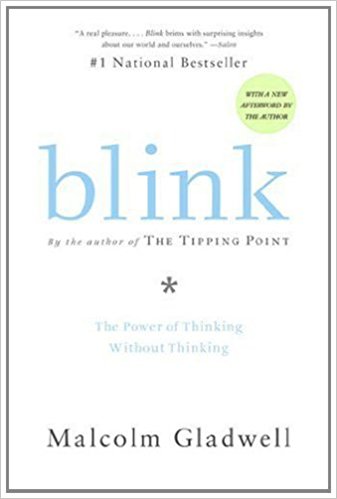 Blink: The Power of Thinking without Thinking by Malcolm Gladwell, Little Brown & Company, 2005.
Blink: The Power of Thinking without Thinking by Malcolm Gladwell, Little Brown & Company, 2005.
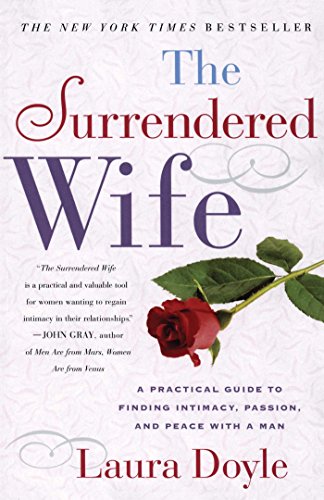 The Surrendered Wife: A Practical Guide to Finding Intimacy, Passion, and Peace with a Man by Laura Doyle, Simon and Schuster, 2001.
The Surrendered Wife: A Practical Guide to Finding Intimacy, Passion, and Peace with a Man by Laura Doyle, Simon and Schuster, 2001. . . . you go.
. . . you go. . . . without some small pain!
. . . without some small pain!
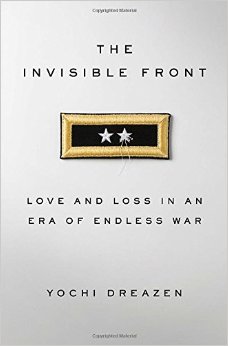 The Invisible Front: Love and Loss in an Era of Endless War by Yochi Dreazen, Crown Publishers, 2014.
The Invisible Front: Love and Loss in an Era of Endless War by Yochi Dreazen, Crown Publishers, 2014.